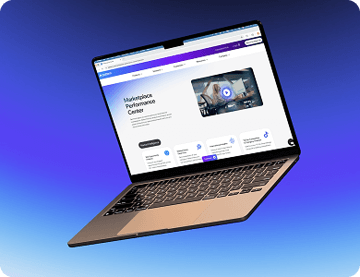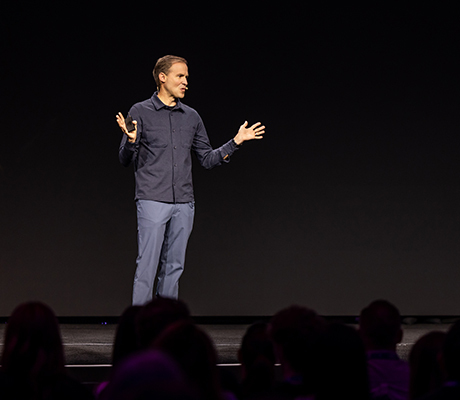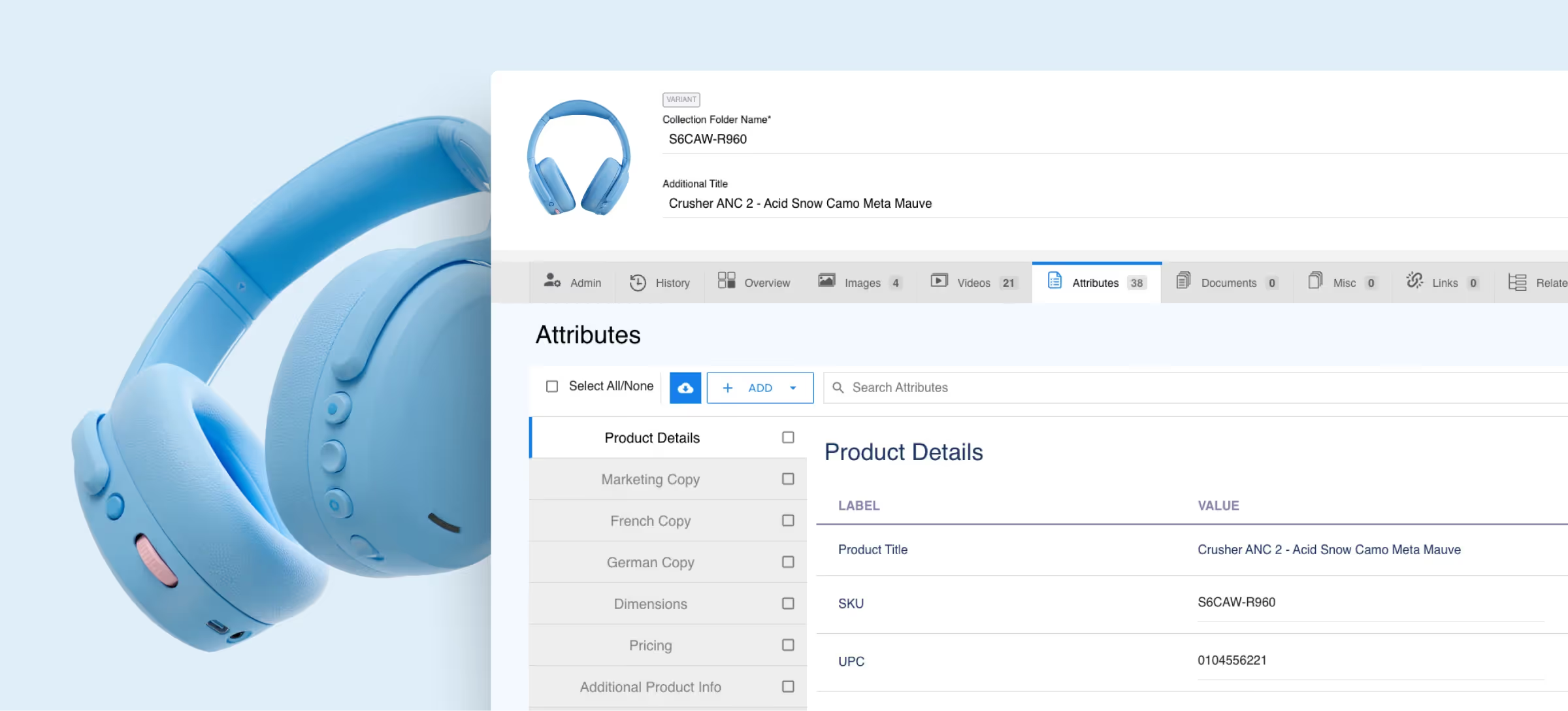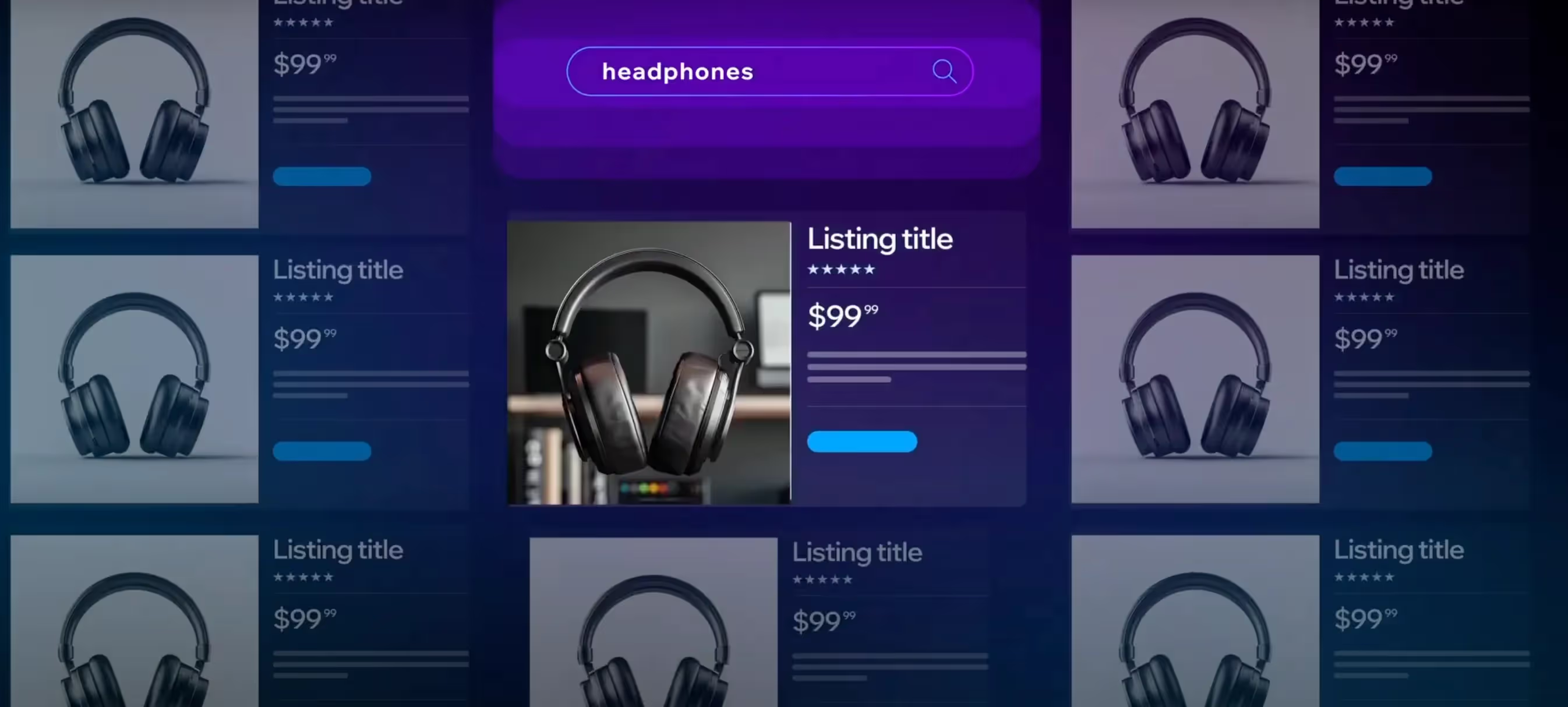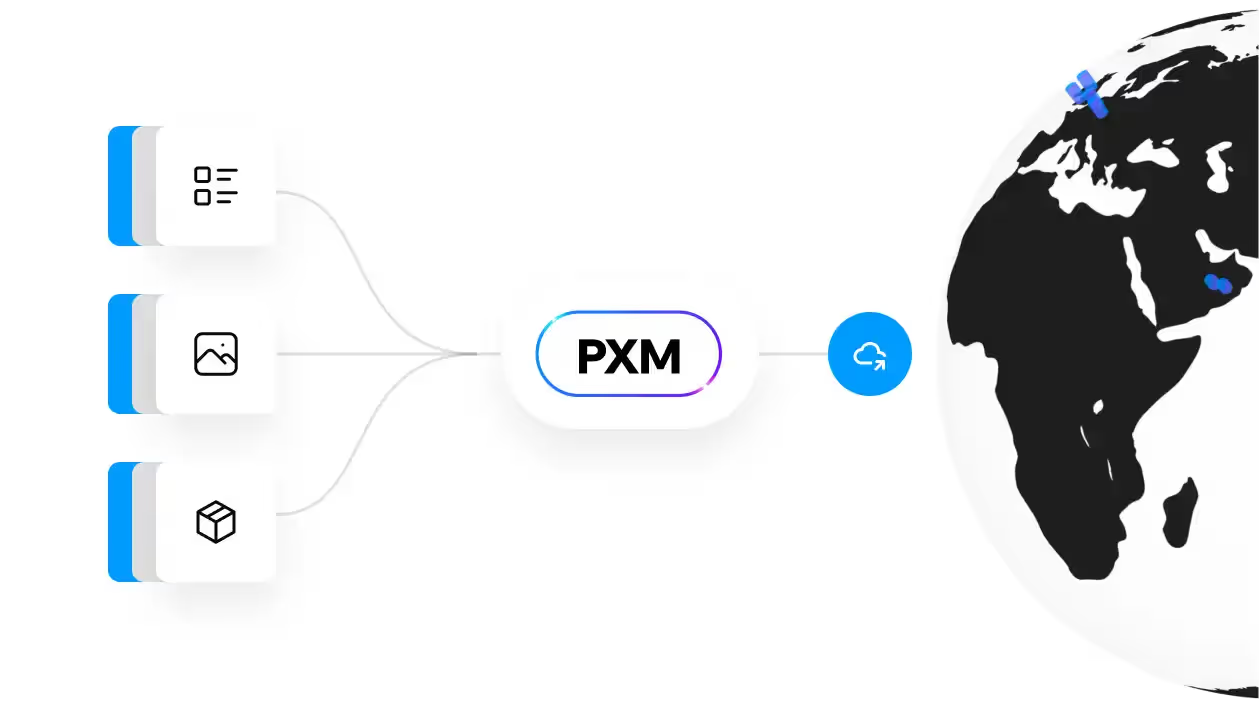ERP for retail: Transform your retail operations
Running a retail business means managing inventory, sales, staff, and customers all at once. That’s where ERP steps in. For retailers, it acts as a central hub that connects systems, streamlines operations, and helps you make smarter decisions to grow your business.
What is an ERP system?
An enterprise resource planning system (ERP) is software that helps businesses manage day-to-day operations, such as accounting, supply chain, inventory, and HR. But a retail-specific ERP goes even further, supporting the unique needs of the industry.
For example, a generic ERP might help you balance the books, but a retail version can do even more:
- Connect POS systems
- Track inventory across multiple locations
- Manage suppliers
- Highlight customer buying patterns
In short, traditional ERPs streamline operations in general, while retail ERPs tailor the same tools to the more complex, customer-driven world of retail.
Why do retail businesses need an ERP system?
Retail moves fast. Your business can’t rely on disconnected systems or guesswork and expect to stay ahead.
An ERP system brings everything together, including inventory, sales, finances, and customer data, so you get a clear, real-time view of your operations. Instead of jumping between tools or manually piecing information together, you can make smarter, quicker decisions.
The right ERP also supports growth, whether you’re adding new sales channels, expanding to multiple locations, or building stronger customer relationships. Ultimately, it gives you the foundation to stay agile, competitive, and focused on creating seamless experiences in an evolving marketplace.
Common retailer challenges
In retail, trends can shift overnight, supply chains can falter under pressure, and customer expectations are always changing. With so many moving parts, even minor mishaps can quickly escalate into problems that hinder growth and profitability.
Let's take a look at some of the most common challenges retailers face today:
Inventory and supply chain
Keeping the right products in stock (without overstocking) is a constant balancing act. Supply chain disruptions only make this harder, oftentimes leading to delays, higher costs, or disappointed customers.
Data management and analytics
You have massive amounts of data, but making sense of it all can be overwhelming. Without clear analytics, opportunities for smarter decisions often get missed.
Omnichannel retailing
Shoppers expect a seamless omnichannel experience, whether they’re in-store or online. Managing consistent pricing, promotions, and inventory visibility across channels is no small feat.
Customer experience and loyalty
Today’s customers want exceptional products, but they also want personalized service and smooth interactions. Without the right tools, building loyalty and repeat business is difficult.
Financial Management
From tracking daily sales to managing margins, financial oversight in retail can be complex to say the least. Manual processes only increase the risk of errors and further slow down decision-making.
Employee Management and Productivity
Your teams juggle scheduling, training, performance, and more. Without efficient systems, productivity drops, and employees can feel unsupported.
Technology Integration
Many retailers rely on a patchwork of disconnected systems. Integrating technology is key to efficiency, but it often feels like a daunting task.
Compliance and Regulation
As a retailer, you must keep up with tax rules, labor laws, and data privacy regulations. Staying compliant without slowing operations is a constant pressure.
The Benefits of Pattern’s Retail ERP System
Pattern offers all tools needed for retail success in one intuitive, comprehensive platform. Scale marketplaces, get fast fulfillment, and create stand-out product listings with ease. Here’s how integrating Pattern’s ERP helps you optimize and grow:
Inventory and Supply Chain Optimization
Always know what’s in stock, where it is, and when to reorder. Pattern’s ERP reduces stockouts, minimizes overstocking, and helps you respond quickly to supply chain disruptions.
Enhanced Omnichannel Experiences
Today’s customers shop everywhere—online, in-store, and on mobile—and they expect an integrated omnichannel journey. Pattern keeps your pricing, inventory, and promotions in sync across every touchpoint, ensuring a frictionless path to purchase.
Advanced Analytics and Predictive Forecasting
Turn raw data into actionable insights. Pattern uses advanced analytics to forecast demand, spot trends, and help you make smarter business decisions before challenges arise.
Unified Customer Management
Get a 360-degree view of your customers. From purchase history to preferences, Pattern helps you personalize experiences, strengthen loyalty, and increase repeat sales.
Improved Financial Visibility and Control
Manage cash flow, track margins, and stay on top of profitability. Pattern’s ERP centralizes financial data so you can make faster, more accurate financial decisions.
Streamlined Employee Operations
Simplify scheduling, track performance, and reduce administrative overhead. With the right tools, your team stays focused on delivering great service rather than managing manual tasks.
Seamless System Integration
No more disconnected tools or siloed data. Pattern connects with your existing systems, including POS and CRMs, so everything works together in real time.
Scalability and Adaptability
As your business grows, Pattern grows with you. Whether expanding to new locations or launching new channels, the system adapts without slowing you down.
Efficient Returns and Exchange Management
Returns are part of retail, but they don’t have to be painful. Pattern streamlines the process, ensuring customers get fast, hassle-free exchanges that protect loyalty.
Better Supplier and Vendor Management
Track supplier performance, manage vendor relationships, and negotiate with data-backed insights. With Pattern, your supply chain partners stay reliable and efficient.
Compliance and Risk Reduction
Stay ahead of evolving tax rules, labor laws, and data regulations. Our ERP helps automate compliance and reduce risks, so you can focus on growth.
Improved Marketing Effectiveness
Connect customer data with campaigns to understand what really drives sales. Use Pattern to help target the right audience, optimize spend, and measure ROI with confidence.
Why choose Pattern as your retail and ecommerce ERP system
Choosing the right ERP partner means finding a solution made for the way you do business. Pattern is built to take your retail brand to new customers, new markets, and new heights. Our solution combines industry expertise with seamless integrations, giving you flexible deployment and ongoing support.
Here’s a peek at how you can do it all with Pattern:
Industries and retail verticals
Every retail sector comes with unique challenges, whether it’s managing perishable goods, tracking fashion trends, or handling complex SKUs. Pattern’s ERP adapts to apparel, grocery, home goods, tech, beauty, and more, with features tailored to the realities of each vertical.
Integrations and compatibility
From POS to ecommerce and accounting software, you rely on multiple systems to run your brand. Our platform seamlessly connects them all, ensuring real-time data flow across platforms like Shopify, QuickBooks, and Salesforce. (Say goodbye to departmental silos.)
Deployment options
Not every business has the same IT needs. Pattern offers cloud, on-premises, and hybrid ERP options, giving you the flexibility to choose the setup that matches your infrastructure, budget, and growth goals.
Security and data protection
Protecting customer and business data is non-negotiable, and with Pattern, you can rest at ease. Enjoy robust compliance measures, secure cloud storage, and advanced threat detection, so you can operate with confidence.
ERP pricing and cost considerations
Your ERP shouldn’t come with hidden costs or complexity. Pattern delivers transparent pricing, flexible subscription models, and packages designed for different retail sizes. In short, fast ROI without breaking your budget.
Training and support
Technology is only valuable if your team can use it effectively. Our ERP is backed with hands-on onboarding, dedicated account management, and a library of resources to ensure lasting success.
Comparing ERP vs. other retail systems
Standalone tools can only go so far. Unlike inventory-only or POS-focused solutions, Pattern unifies all areas of retail—from finance to supply chain to customer data—for a complete view of your business.
Future-proofing your retail business with ERP
The retail landscape is always changing, but your systems shouldn’t hold you back. Pattern’s ERP scales as you grow, adapts to new trends, and continuously updates to keep you competitive long-term.
Success stories
Want to see Pattern in action? Check out our case studies to learn how businesses like yours are transforming operations and delighting customers.

Book a Strategy Call
Your competitors aren’t waiting—and neither should you. Schedule your strategy call now and put your retail operations on the fast track.

Frequently Asked Questions
How can ERP help retailers manage complex inventory across multiple locations?
Retail ERP software allows retailers to track inventory in real time, automatically reconcile stock between warehouses and stores, and set dynamic reorder points based on sales forecasts, minimizing both stockouts and overstocks for distributed operations
What are the main risks of manual data entry in retail businesses, and how does ERP mitigate them?
Manual data entry often leads to errors, duplicate records, and lost sales opportunities. ERP systems integrate sales, inventory, and finance data automatically, drastically reducing human error and improving process efficiency
How does ERP support compliance with tax and regulatory requirements in the retail sector?
ERP solutions centralize financial transactions, tax calculation, and reporting, ensuring timely compliance updates and automating document storage for audits, which is vital for retailers dealing with changing regulations or cross-border sales
Can ERP systems help small retailers compete with larger chains?
Yes. Retail ERP provides smaller businesses with tools for advanced inventory planning, customer insights, and automation usually only available to larger enterprises, allowing them to operate more efficiently and respond quickly to market demands.
What should retailers consider regarding ERP integration with e-commerce platforms and POS systems?
Consider Pattern’s ERP. It offers seamless data exchange with major e-commerce and POS platforms. This ensures real-time updates of inventory, pricing, and sales data, enables unified customer management, and avoids overselling or missed orders.


.jpg)
